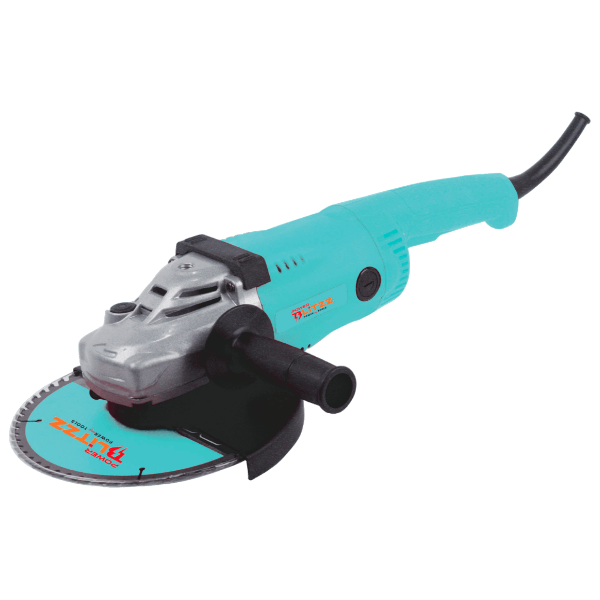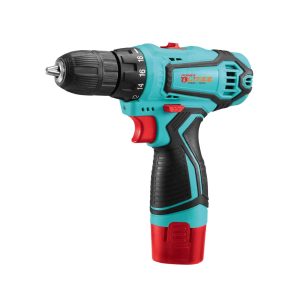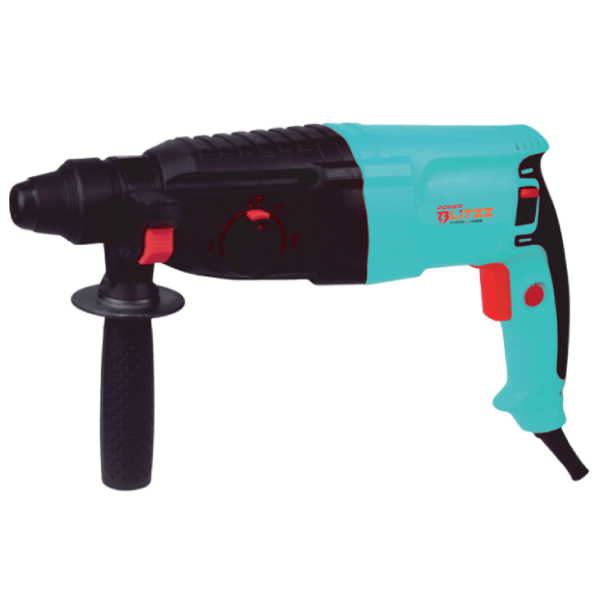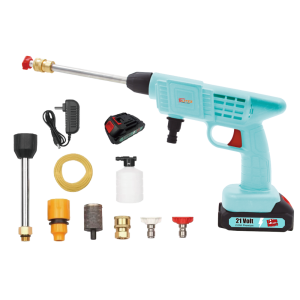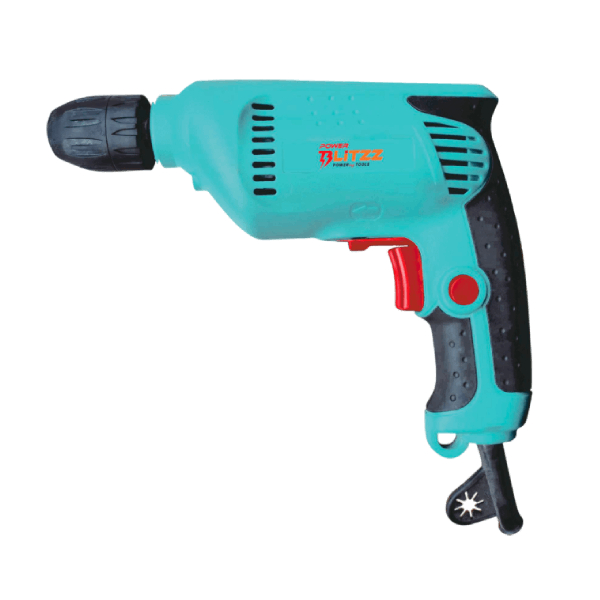
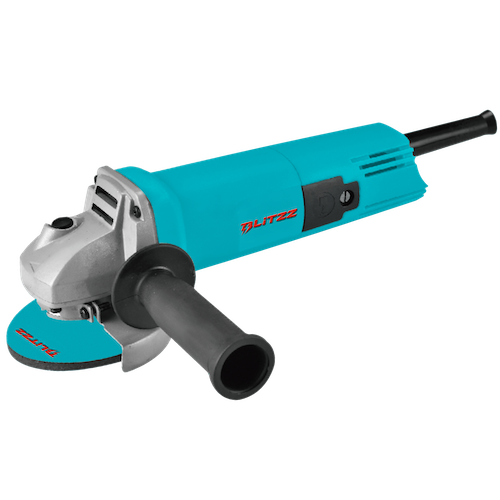
What’s the Difference between Bench Grinder and Angle Grinder Machines?
As an aspiring DIYer or skilled craftsperson, you may find yourself at the crossroads trying to decide between a bench grinder and an angle grinder machine to add to your workshop arsenal. Both offer distinct capabilities, so understanding their differences is key in determining the right fit tailored to your needs. This guide will explore everything you need to know before investing in either machine.
Understand the Basics
Bench Grinder Machines
Stationary bench grinders feature abrasive wheels on either side designed primarily for sharpening tools and materials or general shaping/grinding tasks. Their power and size make them suitable for larger-scale, heavy-duty jobs.
Angle Grinder Machines
Angle grinder machines are handheld, offering mobility through compact size. With rotating discs that can be swapped out, their versatility shines through adaptability to different situations.
Comparing Features
Looking closer at features reveals further contrasts. Bench grinders edge out in power and precision thanks to stability from mounting. This allows meticulous tool sharpening or detailed material shaping. However, angle grinders’ versatility takes the lead—their mobility and rotating disc options acclimate seamlessly between cutting, grinding, sanding, and more.
For furniture building or metalworking requiring accuracy, a bench grinder provides consistency. On the other hand, construction projects valuing flexibility benefit more from an angle grinder’s responsiveness.
Safety Considerations
In terms of safety, both tools require precautions. Their high-speed abrasive components can propel debris, posing eye hazards. Quality safety goggles are non-negotiable for operation. Bench grinders tend to vibrate less given mounting security, but angle grinder machines need a firm grip to control increased movement. Make sure you only operate either in risk-mitigated environments.
Choosing the Right Tool
Assessing your work’s nature and precision needs is important to make an informed choice. Will you routinely sharpen specialty woodcarving tools where stability ensures accuracy? Does fabrication with ongoing mobility demands favor an adjustable, easy-to-maneuver option? There’s no universally “right” pick—the better tool depends entirely on the context of your projects.
If you regularly contend with larger metalworking or sharpening tasks requiring heavy-duty durability, the bench grinder likely handles these needs. For increased versatility in tight spaces, smaller-scale building, or finishing work, the angle grinder’s flexibility could prove advantageous. Think not just through current applications, but any future direction to determine the most sensible long-term workshop addition.
Bottom Line
At the crossroads between bench grinder and angle grinder machines, there’s no definitively better option, rather what best suits your work’s scale and specifications. Both driveway safety and effectiveness when minding their unique strengths and weaknesses. With each model’s purpose in mind, you can confidently choose the best machine to empower whatever project’s next for your workshop.

Copyright © 2024 – Power Blitzz– All rights reserved.

